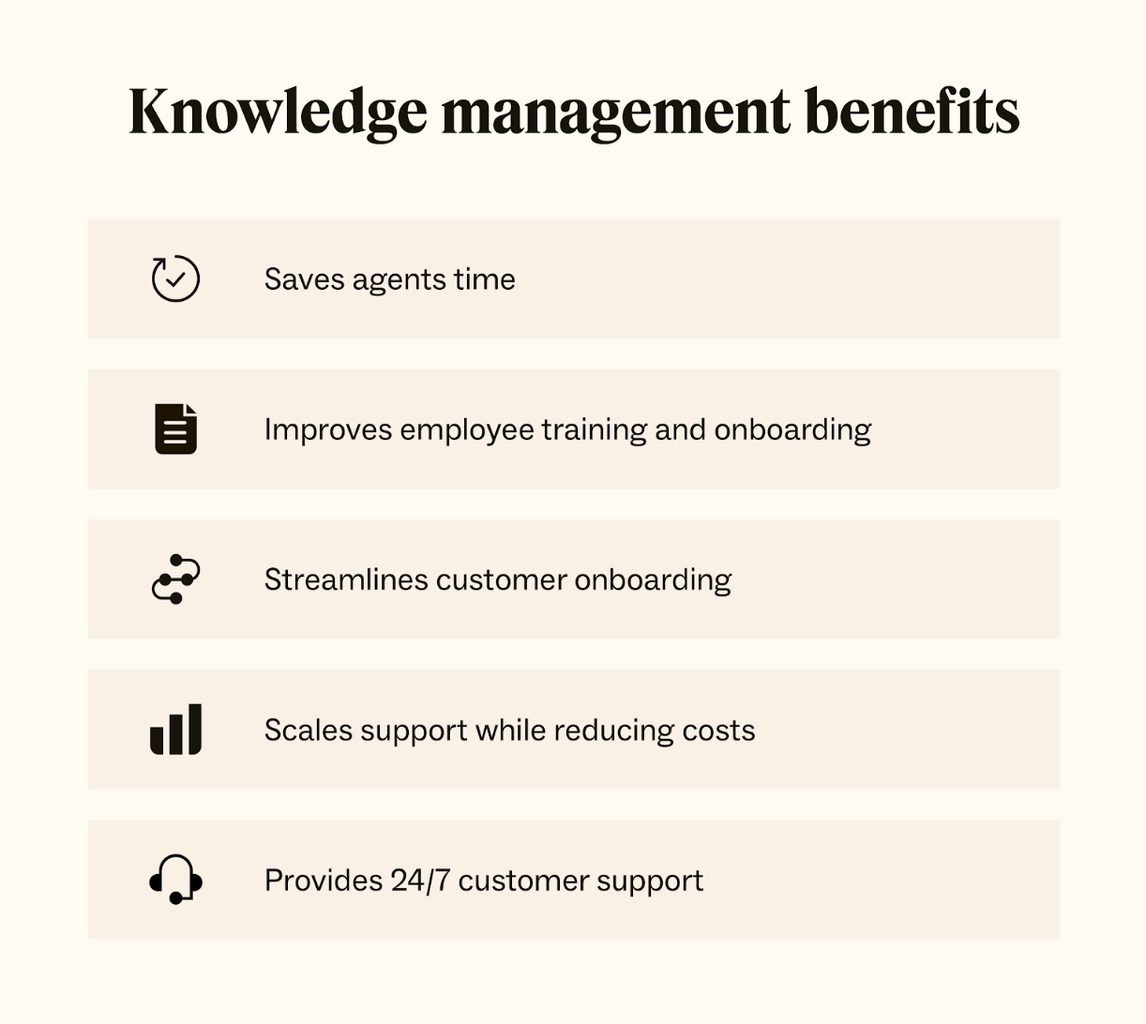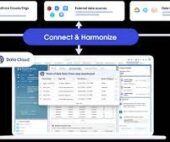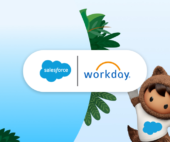Consider the invaluable contributions of your most seasoned and high-performing agents and field service technicians to your organization. They possess an in-depth understanding of your product or service, efficiently tackle common customer issues, and can transform challenging interactions into positive ones. These experienced professionals also serve as mentors to junior staff and become indispensable sources of information when your knowledge management for agents system lacks organization.
Now, contemplate the potential repercussions if these individuals were to leave your company. The departure of their knowledge and expertise puts customer satisfaction in jeopardy. The recruitment of replacement talent requires substantial time, money, and resources. Moreover, the onboarding process for new hires entails a significant time investment.
The stakes for your business are high. Imagine if you could capture and preserve the expertise of your employees, making it easily accessible to you and others. The good news is that, to a large extent, you can achieve this through strategic knowledge management. Let’s dig into the details.
What is knowledge management?
Knowledge management involves capturing, organizing, and distributing critical information for customer support. Ideally, this knowledge resides in a centralized digital library accessible to agents, field service technicians, and customers from any location, ensuring prompt and high-quality service.
However, in many companies, frequently asked questions (FAQs) and knowledge base articles guide contact center agents and field service technicians. Yet, the challenge lies in the timely update of this information, potential duplications, and undocumented topics. Much of the knowledge essential for effective customer support is often stored solely in employees’ minds or dispersed across multiple systems and devices.
Leveraging technology and artificial intelligence (AI) allows you to swiftly capture and share this knowledge across your team. Generative AI can draft knowledge articles, subject to your company’s review and approval process, streamlining the process and keeping pace with the ever-evolving landscape of knowledge needed for quality customer support.
Additionally, the resources created can be shared in your self-service portal, enabling customers to find answers independently and contributing to cost savings. Bonus features like Einstein Search Answers utilize knowledge-grounded generative AI to surface relevant responses in your self-service portal or agent console.
Types of knowledge to capture
Before documenting institutional knowledge, consider the various types employed by agents and field service workers:
- Explicit Knowledge: The playbook encompassing FAQs, guidelines, and documented procedures that form the foundation for support operations.
- Tacit Knowledge: Experiential insights gained through frontline support, such as a veteran agent’s intuitive handling of tricky situations or a field service tech’s innate ability to fix machinery. Tacit knowledge can be transmitted through mentoring.
- Structured vs. Unstructured Knowledge: Structured knowledge involves neatly categorized resources like databases or FAQs, while unstructured knowledge comprises informal sources like emails and community threads. Generative AI can transform both into new knowledge base articles.
Benefits of knowledge management
Documenting, centralizing, and consistently updating institutional knowledge yields numerous benefits, including:
- More Efficient Workflow: Reduced time spent searching for information enables agents and technicians to focus on effective problem-solving.
- Better Problem Solving: Access to accurate, up-to-date information allows teams to make quicker decisions, enhancing customer assistance.
- More Accurate Content: Generative AI, grounded in company knowledge, produces accurate and trusted information, instilling confidence in your team’s ability to provide optimal help.
- Faster Resolution: Improved information leads to quicker issue resolution, contributing to heightened customer satisfaction and retention.
- Consistency: Proper knowledge management ensures a standardized approach to common customer issues, fostering a cohesive brand experience.
- Knowledge Retention: Preserving institutional knowledge mitigates the impact of staff turnover on support quality.
- Cost Savings: Rapid onboarding of new agents reduces training costs, while a great service experience aids customer retention, saving on the cost of acquiring new customers.
Knowledge management use cases and examples
While your organization likely employs some form of knowledge management, there’s room for improvement. Examples of knowledge management applications include:
- Generative AI in the Help Center: Enhance customer and agent experiences by offering generative AI-powered search answers based on knowledge base articles. Customers and agents can receive tailored responses without reading an entire article.
- AI Assistance to Agents and Field Service Techs: Boost team productivity with AI-powered article recommendations, aiding agents in drafting responses based on trusted data.
- Better Employee Training: An updated knowledge base facilitates the onboarding and training of new agents and field service workers.
How to get started with knowledge management
Embark on your knowledge management journey with these steps:
- Start Small and Identify Key Knowledge Areas: Determine critical information for effective customer support, considering explicit and tacit knowledge, as well as structured and unstructured content.
- Select a Knowledge Management System: Choose a platform aligned with your organization’s needs, integrating seamlessly with existing systems or opting for a CRM that incorporates knowledge management features. Tectonic recommends Salesforce Experience Cloud.
- Create and Organize Content: Develop and structure content for easy searchability and comprehension.
- Training and Adoption: Train your support team on using the knowledge management system and encourage consistent adoption, leveraging platforms like Trailhead for a quick start.
In conclusion, knowledge management is foundational for successful customer support operations and plays a crucial role in maximizing the benefits of AI. It offers a structured approach to handling information and proves to be a worthwhile investment, enhancing team capabilities, customer satisfaction, operational efficiency, and employee knowledge retention.













